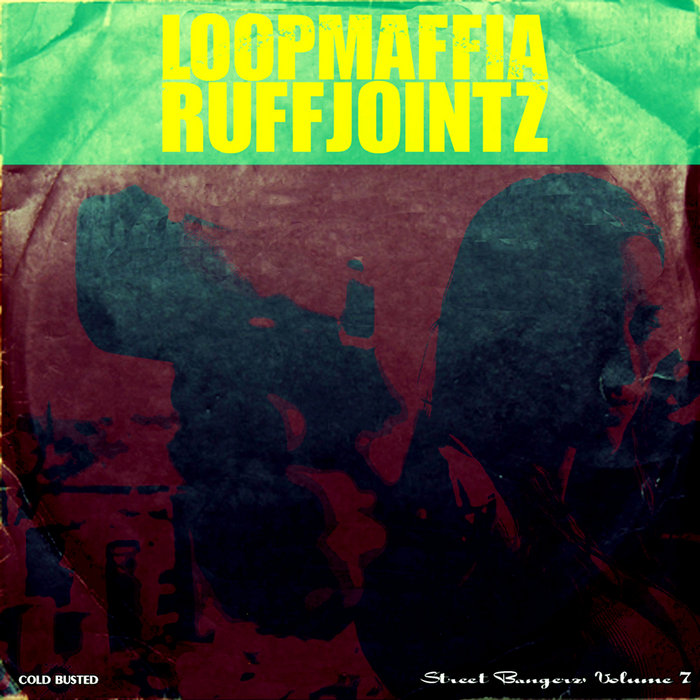
Funky Shit – LoopMaffia
this blog is GROOVY – check out great Soul, Funk, Jazz, Hip Hop, Bass, Breaks , Reggae, House n many more TUNES
Hey there, groove enthusiasts! 🎶
Let’s take a wild ride through the vibrant world of Loopmaffia, a genre that’ll get your feet tapping and heart racing. This musical movement is all about rhythm repetition, catchy hooks, and an addictive blend of electronic beats. Grab your headphones; let’s dive into the funky history!
Before we shake our booties back in time, let’s define what Loopmaffia really is. Imagine blending elements from various genres like hip-hop, trance, techno, and even some jazzy improvisation — sprinkle in some live performances layered with loops and samples… voila! You’ve got yourself a hot dish of Loopmaffia.
At its core, Loopmaffia celebrates the art of looping: repeating short audio segments to create new textures in music. It’s not just about rehashing old stuff — it’s about remixing reality into something fresh and funky!
The term “loop” found its way into music as early as the late 1960s when artists started experimenting with tape loops. Fast forward to the early 80s when electronic instruments exploded onto the scene; musicians began using samplers more frequently — think big players here like Kraftwerk who laid down some serious beats.
But wait; it wasn’t until the late 90s/early 2000s that things really took off for our beloved genre! Artists like DJ Shadow emerged on the underground scene combining hip-hop vibes with smooth layering techniques.
Did you know DJ Shadow once worked at a coffee shop? Yep! He served up lattes while spinning records behind his counter during downtime. Talk about multitasking! ☕️🎧
As technology advanced, so did loop-based music. Software like Ableton Live made it easy for budding musicians to craft tracks effortlessly by layering sounds right on their laptops or even iPads! That’s where we saw DIY culture boom—everyone became their own producer.
Live looping performances started popping up everywhere too. Artists began incorporating multiple instruments combined with vocal harmonies created on-the-spot. We’re talking major innovation here folks!
One memorable moment was when renowned loop artist Ed O’Brien from Radiohead forgot his looping pedal at a festival gig in Europe—you can imagine how he improvised instead… let’s just say there were “unique” soundscapes that night involving table drumming while serenading confused fans!
Loopmaffia doesn’t exist in isolation—it draws inspiration from many sources:
And don’t forget classic genres like funk which give endless grooves suited for any dance floor.
Artists such as Thundercat exemplify this fusion by blending slick bass lines reminiscent of Prince mixed with modern production styles you’ll wanna groove to every day.
Thundercat (real name Stephen Bruner) isn’t just talented on stage—he also has an obsession with cats! His Instagram features everything feline because he believes they bring good vibes… I mean c’mon—a guy who loves both cats and retro funk? Total win-win!
Today Loopmaffia continues soaring high thanks to artists pushing boundaries further than ever before:
Every show feels electrifying—a mashup experience where no two sets are alike since each performance transforms through spontaneous interaction beaming pure energy throughout audiences worldwide!
Believe it or not but Bonobo (Simon Green) swears by cooking food before performing—as if tasty dishes somehow carry over into creating mesmerizing tunes live-on-stage—where excellence meets gourmet delights unexpectedly fueling creativity beyond imagination!
So there you have it—the colorful tapestry woven together across decades leading us straight into hypnotic rhythms offered by today’s incredible talents within Loopmaffia! Keep those dancing shoes ready because there’s no stopping this genre anytime soon…
Until next time keep grooving,
Your Music Buddy 🚀💃

Funky Shit – LoopMaffia